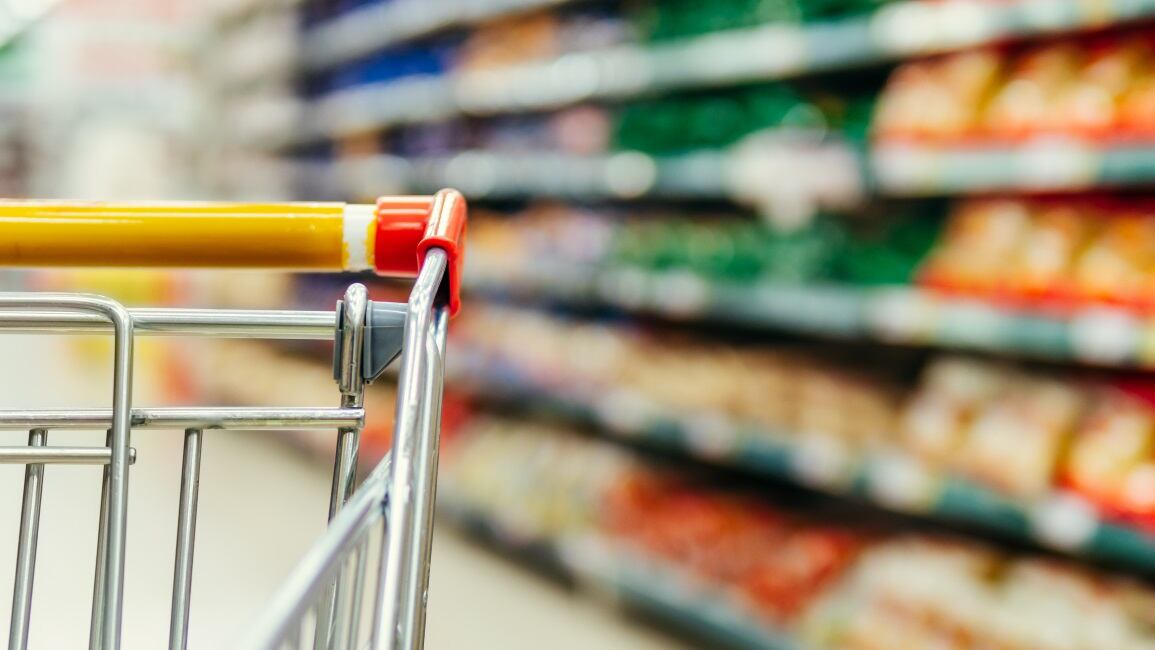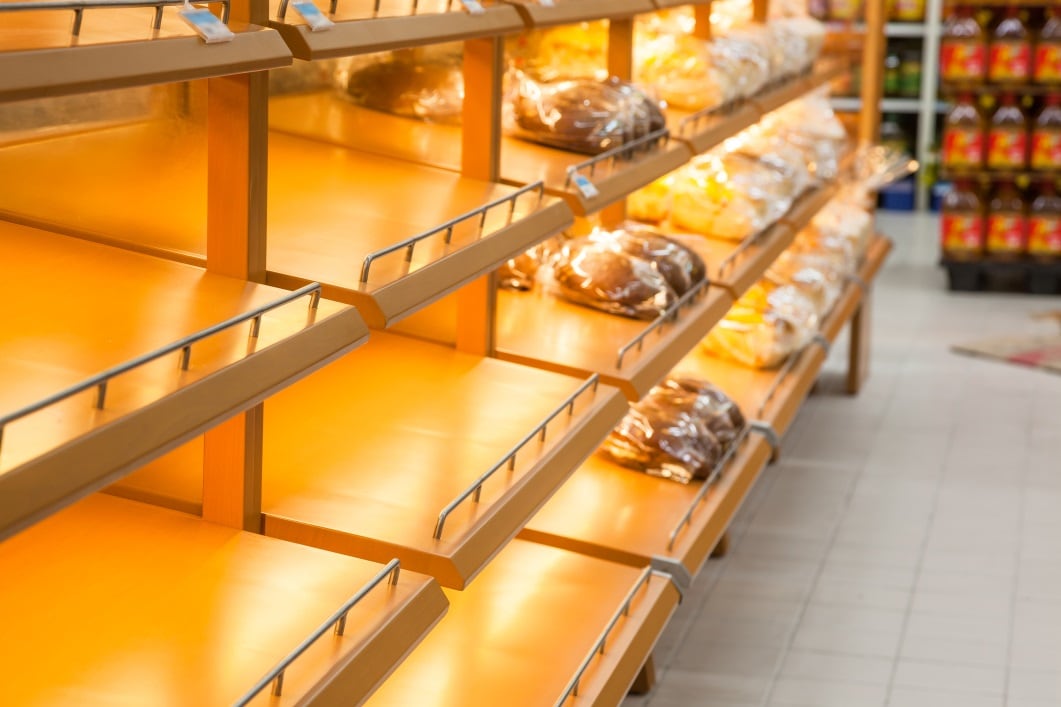Health and social care secretary Matt Hancock today (19 March) tabled the Coronavirus Emergency Bill in Parliament. Setting out the scope of the bill, he said the ‘temporary’ and ‘proportionate’ emergency powers would allow ministers to take ‘the right action at the right time’.
The legislation covers five topics: containing and slowing the virus, easing legislative and regulatory requirements, enhancing capacity and the flexible deployment of staff across essential services, managing the deceased, as well as supporting and protecting the public.
On food, the bill will “require industry to provide information about food supplies, in the event that an industry partner does not co-operate with our current voluntary information-sharing arrangements during a period of potential disruption”.
A spokesperson for the Department of Environment Food and Rural Affairs (DEFRA) told FoodNavigator that the measures aimed at the food sector build on existing voluntary cooperation between industry and regulators.
“We are in regular contact with the food industry on its response to coronavirus. We welcome the collaborative approach to working together and sharing information, which has allowed both government and retailers to introduce new measures to keep food supply flowing,” the spokesperson elaborated.
It is understood that the shift from a voluntary approach to compulsion is only intended as a last resort.
Demand spikes in supermarkets
The food industry has broadly united behind a drive to feed the nation in the face of an unprecedented jump in demand in supermarkets.
According to Shore Capital retail analyst Clive Black, the increased pressure on supermarkets is unlikely to abate while the pandemic continues, reflecting ‘a more extensive and behavioural change’.
As a consequence, Black forecasts a 20-25% ongoing increase in aggregate grocery retail demand. “Maybe 25-40% of UK households have enough pasta and loo roll to have a sustained Italian meal binge, but for most folks there is a need for an ongoing functional food system,” he wrote in an investor note.
While panic buying to date has concentrated on long-life items, like tinned and frozen products and pasta, Black believes the shift in consumption patterns will extend to perishables, resulting in increased demand for fresh food production.
This situation will require a systematic response from the food sector, Black suggested, noting that the introduction of rationing could well be here to stay as supermarkets try and meet booming demand. "Doing so is going to pressure the system and require more efficient production, more distribution, and, in-store, more shelf-stackers, online pickers and check-out assistants."
In an attempt to keep shelves stocked, supermarkets and government have already been collaborating and sharing information on availability across the country, Andrew Opie, director of food & sustainability at the British Retail Consortium (BRC), told us. As a result, grocery retailers are well-prepared to comply with the requirements set out in the Emergency Bill.
“Supermarkets have been working closely with government and one of the things the retailers have agreed to do is supply information on the availability of food across the country. Food retailers have now set up a reporting system ahead of the Bill,” Opie revealed.
Food makers have 'robust' supply chain contingencies
Likewise, a spokesperson for the Food and Drink Federation (FDF) said that the sector is in ‘regular dialogue’ with the UK government, devolved administrations and relevant agencies at a ‘very senior level’ with the aim of ensuring we ‘continue to have a safe and robust food supply’.
Voicing support for the mechanisms the government is putting in place to protect food supply, particularly to vulnerable consumers, the spokesperson added: “Food and drink is an essential part of the country’s national infrastructure and we are always keen to support and fully cooperate with the government.”
The FDF also suggested that UK food makers are relatively well-prepared to weather the storm, in no small thanks to the preparations already being made due to concerns over a potential no-deal exit from the European Union.
“Brexit has meant businesses have interrogated their supply chains in great detail and have identified where alternative supplies of ingredients can be sourced. UK food and drink manufacturers have robust procedures and contingency plans in place and the supply chain is efficient and well managed. We will continue to highlight to government where legislation might become a barrier and what can be done to ensure we continue to have a safe and robust food supply.”
Meanwhile, representatives of the UK’s farming sector also revealed that they are cooperating with government – as well as other parts of the food chain – to secure supplies.
A spokesperson for the National Farmers’ Union (NFU) told FoodNavigator: “The NFU is working collaboratively with government and the food industry to meet the national challenges the coronavirus crisis has presented.
“Maintaining continuity and availability, while minimising any supply chain disruption, is a key priority for all players in the supply chain. This includes farmers playing their part as a strategically important link in the food supply chain, and we will be taking stock of the full implications of the Bill.”
The government had previously indicated it wants to have the legislation on the statute books before the end of the month.




